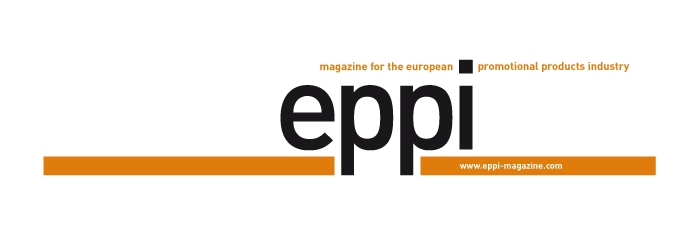Tide Ocean produces high-quality recyclate from plastic collected on the beaches and close to the sea. The co-founder, Marc Krebs, about the working methods of the Swiss company, measures against greenwashing and the value that plastic waste has for the manufacturers and brands.
Mr. Krebs, Tide Ocean was founded four years ago. How did the idea for the organisation come about and what is the company’s alignment today?
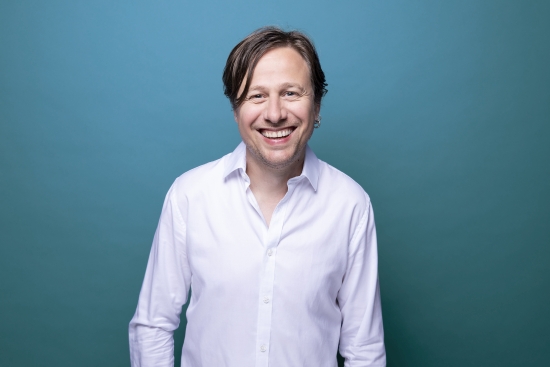
Marc Krebs
Marc Krebs: My co-founder, Thomas Schorri, runs a family business and supplies the Swiss watch industry as well as brands like Samsung, Armani, Hugo Boss and Fossil with bracelets. He was looking for a way to use ocean plastic for his products and approached Prof. Daniel Schwendemann at the Eastern Switzerland University of Applied Sciences in this connection. After several feasibility analyses we went to the market and met with great interest straight away, not only from the watch industry, but also from other industries. Based on this demand we founded Tide Ocean SA.
For us it was important from the very beginning to follow a commercial approach in order to build a sustainable, international business model from which everyone benefits: The fishermen as well as the brands.
Today, we employ twelve people at the headquarters in Switzerland and have subsidiaries in Thailand and Mexico. We also have Sales Managers in the USA and Hong Kong, overall we have a headcount of around 25 employees. The first watch came out after a year, in the meantime more than 50 brands have launched products, which contain our #tide ocean material®.
Which regions do you operate in?
Marc Krebs: Thailand is our main hub, beyond that we source in Indonesia, the Philippines and Mexico and soon we’ll also source in Ghana. We founded the subsidiary in Mexico with the USA in mind to avoid long transport routes to the customers in America. We granulise plastic directly in Asia that is to be processed into new products in Asia. We are currently also focusing on Europe, because us Europeans still haven’t achieved enough on the disposal and recycling front yet. Our aim is to provide a closed solution on every continent by the year 2025.
How do you go about collecting the raw material?
Marc Krebs: Our system is organised locally and the local people benefit from it directly. The collectors can bring the plastic waste to collection centres operated by us, where it is weighed, recorded, tracked and pre-sorted by hand. Then, the collected plastic is cleaned and sent to a recycling centre. This is where our technology is implemented, which turns the plastic waste into recyclate, which is almost on a par with the quality of new plastic, so-called virgin plastic.
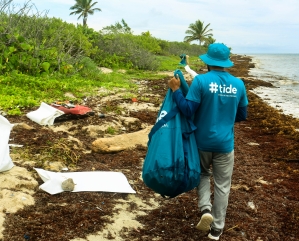
A beach cleanup at the Mexican Costa Maya.
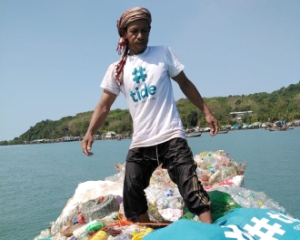
A fisherman brings his collected goods to Tide’s recycling station.
Marc Krebs: We quite consciously collect waste at trouble spots. Surveys have shown that 80% of the ocean plastic makes its way into the sea from rivers, above all in countries that don’t have a well-functioning waste management system. In South East Asia for example this happens especially during the monsoon season, when large amounts of water sweep the waste that is often stored in illegal rubbish dumps with it. That is why we consciously talk about ocean bound plastic. Whereas “ocean plastic” is a vague, not precisely defined term, “ocean bound plastic” is more precise: Plastic that has not been orderly disposed of, lies close to the sea and will end up in the ocean sooner or later.
Can fishermen also deliver plastic to you that ends up in their nets as a by-catch?
Marc Krebs: Yes, of course. Whereby many of them turned the collecting into a second pillar, when the demand for fish from the catering industry declined during the pandemic. Just as the fishermen are paid for the kilo of fish in the market, we pay them for the kilo of plastic. Employees from the tourist trade also collect for us. Many are only employed in the high season and are happy to have other sources of income. We also work together with the Jan & Oscar Foundation in Thailand, that was founded in the year 2004 after the tsunami and which supports us for example with our collaboration with the Moken community, a tribe of sea nomads.
In addition to creating an infrastructure for the processing, a further important issue is helping the inhabitants dispose of the waste in an orderly manner. Do you undertake any such measures?
Marc Krebs: Yes. We launched the “Road to 1 Billion Bottles” program to create even more social impact. The Swiss watch brand, Maurice Lacroix, who named its whole collection Aikon Tide after us, supports us which we use to hold school workshops and info events. A politician in Thailand once told me that the plastic is a fantastic material for the whole world, but that not all countries have the instructions for use. There is still a lot of educational work to be done.
According to your accounts #tide ocean material® comprises to 100% of ocean bound plastic. How do you ensure yourself of this along the production chain?
Marc Krebs: There is a lot of “small print” in connection with ocean plastic. We want to distinguish ourselves here and have developed a material pass together with the Norwegian organisation Empower. As soon as the material is delivered its origin and volume are recorded and saved on an unchangeable blockchain. This tracking process is continued through to the finished granulate. In this way, the customer receives a completely traceable supply chain.
Beyond this we also have our workplaces and production sites, our accounting and our organisation audited and certified by independent auditing companies. We pay all our employees more than the minimum wage. The brands that implement our material are not only doing something for the environment, they also create a social impact. This makes a strong story they can tell. Because there’s no need to keep it a secret: Ocean plastic is a fantastic story for brands.
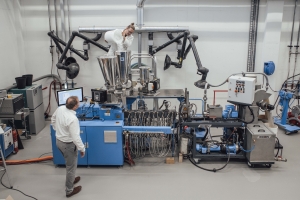
The mechanical process that turns degenerated plastic into useful feedstock was developed with the Swiss Institute for Materials Engineering and Plastics Processing.
But before this point is reached the material has to be recycled first. Which plastic that is “recovered” from the ocean or beaches is at all suitable for the purpose?
Marc Krebs: Sorting purity is the be all and end all. There is the highest demand for PET, which yarns for textiles can be made out of, but which is also suitable for injection moulding. Furthermore, PP is also very popular, HDPE and LDPE are becoming more on trend too. These are the four types of plastic that are discarded and collected the most. We are currently also looking into the topic of fishing nets, of which there is a huge offer here, and often they really do come from the sea.
How does the process work that enables plastic waste that has been damaged by the sun, salt, etc. to be turned into a high-quality raw material?
Marc Krebs: We have developed a technology that we treat confidentially for obvious reasons. Using a mechanical-physical process, we turn the degenerated plastic into a useful raw material in a quality that is suitable for various applications.
What is the price of #tide ocean material® in comparison to conventional plastic?
Marc Krebs: That is difficult to say exactly because the price of virgin plastic varies strongly due to the price of crude oil. We are without doubt slightly more expensive, but most of the customers see the added value that they can generate. On top of that there is also the political pressure: New laws more or less force the manufacturers to fall back on recycled products. It is no longer just about appearing to be green, but actually about being green. I also believe that one day our price will be lower than the price for new plastic, because the higher the volume we collect the easier it will be to amortise our investment costs. Then, there will be no more arguments against recyclates.
There are a number of other organisations that carry out similar work to yourselves. Do you see yourself as a rival?
Marc Krebs: Not really. It takes a lot of companies if we want to find an holistic solution to the global plastic problem. Which is also why we are part of the Next-Wave consortium, which was initiated by US companies. Here we sit round a table with groups like Hewlett-Packard and Ikea and search for solutions together.
What in your opinion are the most important levers in the fight against the causes of ocean plastic pollution?
Marc Krebs: We have to export knowledge, we have to export technologies, we have to switch over: Recycling is not nice to have, but it is indeed the model that is really sustainable at all levels – for nature, for the communities, but also for the brands that implement the corresponding products. If we consider waste to be something valuable from the very start, there is no longer any reason to discard it heedlessly.
// Till Barth spoke with Marc Krebs
photos: Tide Ocean




